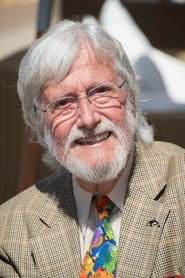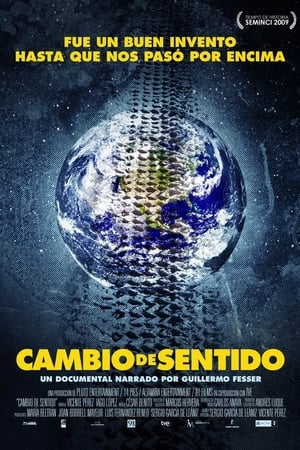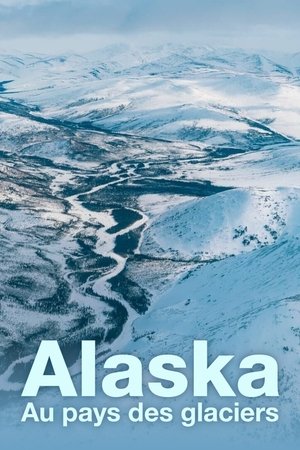

Cousteau: Alaska: Outrage at Valdez(1990)
On March 24, 1989, the supertanker Exxon Valdez ran aground in the pristine waters of Alaska's Prince William Sound, spilling 11 million gallons of crude oil. Jean-Michel Cousteau, son of Jacques Cousteau, takes us on a voyage to investigate first-hand the devastating impact of the U.S.'s largest oil spill. Amid the majestic mountains and ice floes of this serene setting, the leaking oil spreads like a virus staining and often killing everything it encounters. Harbor seals, sea otters, and bald eagles fall victim to the tragic accident.
Movie: Cousteau: Alaska: Outrage at Valdez

Cousteau: Alaska: Outrage at Valdez
HomePage
Overview
On March 24, 1989, the supertanker Exxon Valdez ran aground in the pristine waters of Alaska's Prince William Sound, spilling 11 million gallons of crude oil. Jean-Michel Cousteau, son of Jacques Cousteau, takes us on a voyage to investigate first-hand the devastating impact of the U.S.'s largest oil spill. Amid the majestic mountains and ice floes of this serene setting, the leaking oil spreads like a virus staining and often killing everything it encounters. Harbor seals, sea otters, and bald eagles fall victim to the tragic accident.
Release Date
1990-03-25
Average
0
Rating:
0.0 startsTagline
Genres
Languages:
EnglishKeywords
Similar Movies
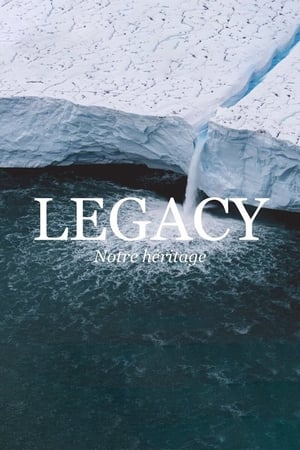 8.1
8.1Legacy(fr)
Ten years after the film Home (2009), Yann Arthus-Bertrand looks back, with Legacy, on his life and fifty years of commitment. It's his most personal film. The photographer and director tells the story of nature and man. He also reveals a suffering planet and the ecological damage caused by man. He finally invites us to reconcile with nature and proposes several solutions
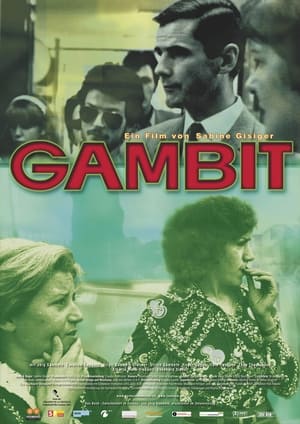 7.0
7.0Gambit(de)
In 1976, a nuclear reactor near the Italian town of Seveso explodes, leaking highly poisonous dioxin into the atmosphere.
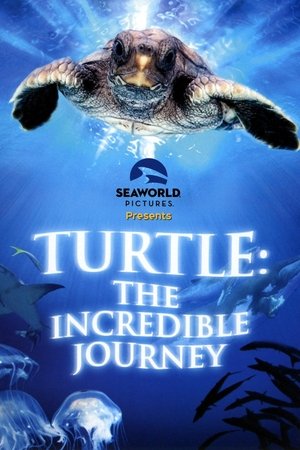 6.6
6.6Turtle: The Incredible Journey(en)
The story of a little loggerhead turtle, as she follows in the path of her ancestors on one of the most extraordinary journeys in the natural world. Born on a beach in Florida, she rides the Gulf Stream up towards the Arctic and ultimately swims around the entire North Atlantic across to Africa and back to the beach where she was born. But the odds are stacked against her; just one in ten thousand turtles survive the journey.
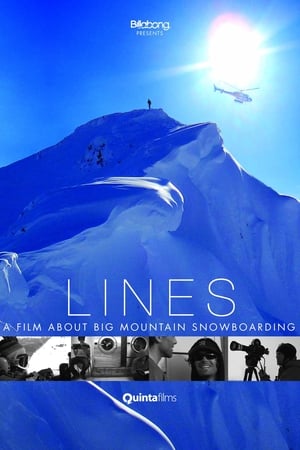 8.0
8.0Lines(en)
The documentary follows a crew of snowboarders for six weeks in the Chugach mountains, and showcases what it takes to ride these unique Alaskan mountains: the waiting, the stress, the dangers, everything that goes into it and is usually never shown. It also retraces some of the history of this unknown discipline and pays tribute to the pioneers. But the film really focuses on the human aspect and why these people do what they do.
 7.6
7.6Chernobyl 30 Years On: Nuclear Heritage(en)
Thirty years after the Chernobyl disaster, which occurred on the night of April 26, 1986, its causes and consequences are examined. In addition, a report on efforts to strengthen the structures covering the core of the nuclear plant in order to better protect the population and the environment is offered.
 5.8
5.8Report from the Aleutians(en)
A documentary propaganda film produced by the U.S. Army Signal Corps about the Aleutian Islands Campaign during World War II. The film opens with a map showing the strategic importance of the island, and the thrust of the 1942 Japanese offensive into Midway and Dutch Harbor. Nominated for the Academy Award for Best Documentary Feature.
 7.1
7.1Manufactured Landscapes(en)
MANUFACTURED LANDSCAPES is the striking new documentary on the world and work of renowned artist Edward Burtynsky. Internationally acclaimed for his large-scale photographs of “manufactured landscapes”—quarries, recycling yards, factories, mines and dams—Burtynsky creates stunningly beautiful art from civilization’s materials and debris.
 0.0
0.0No Defense(en)
The story of the Americans who are fighting against one of the largest- known polluters in the country - the United States military.
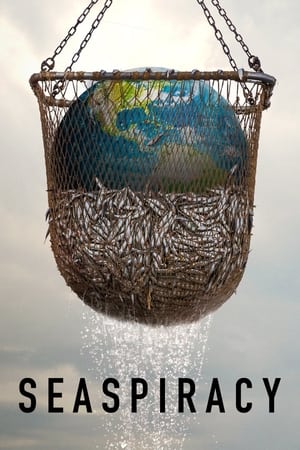 7.8
7.8Seaspiracy(en)
Passionate about ocean life, a filmmaker sets out to document the harm that humans do to marine species — and uncovers an alarming global conspiracy.
 7.9
7.9Koyaanisqatsi(en)
Takes us to locations all around the US and shows us the heavy toll that modern technology is having on humans and the earth. The visual tone poem contains neither dialogue nor a vocalized narration: its tone is set by the juxtaposition of images and the exceptional music by Philip Glass.
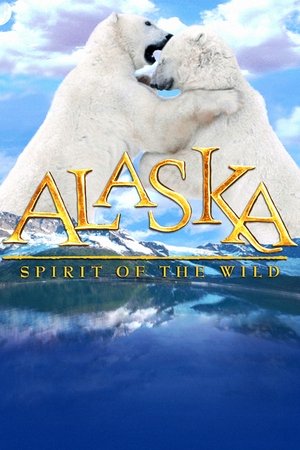 6.9
6.9Alaska: Spirit of the Wild(en)
Alaska... Here, in this vast and spectacularly beautiful land teeming with abundant wildlife, discover the "Spirit of the Wild." Experience it in the explosive calving of glaciers, the celestial fires of the Aurora Borealis. Witness it in the thundering stampede of caribou, the beauty of the polar bear and the stealthful, deadly hunt of the wolf pack.
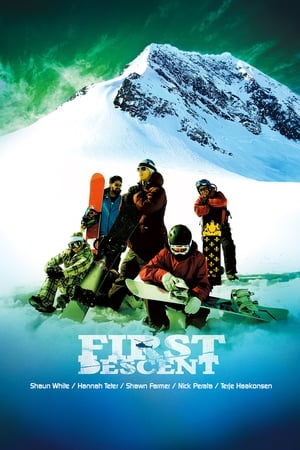 7.3
7.3First Descent(en)
First Descent is a 2005 documentary film about snowboarding and its beginning in the 1980s. The snowboarders featured in this movie (Shawn Farmer, Nick Perata, Terje Haakonsen, Hannah Teter and Shaun White with guest appearances from Travis Rice) represent three generations of snowboarders and the progress this young sport has made over the past two decades. Most of the movie was shot in Alaska.
 5.0
5.0First Daughter and the Black Snake(en)
The “Prophecy of the 7th Fire” says a “black snake” will bring destruction to the earth. For Winona LaDuke, the “black snake” is oil trains and pipelines. When she learns that Canadian-owned Enbridge plans to route a new pipeline through her tribe’s 1855 Treaty land, she and her community spring into action to save the sacred wild rice lakes and preserve their traditional indigenous way of life. Launching an annual spiritual horse ride along the proposed pipeline route, speaking at community meetings and regulatory hearings. Winona testifies that the pipeline route follows one of historical and present-day trauma. The tribe participates in the pipeline permitting process, asserting their treaty rights to protect their natural resources. LaDuke joins with her tribe and others to demand that the pipelines’ impact on tribal people’s resources be considered in the permitting process.
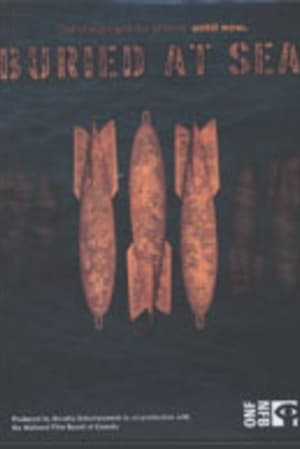 0.0
0.0Buried at Sea(en)
This documentary chronicles ocean disposal of surplus World War II chemical weapons by Canada, Germany, Great Britain, the Soviet Union and the United States. Through a well edited combination of interview footage and still photographs this film outlines the serious problem that awaits us now that hundreds of thousands of tons of chemical weapons have been disposed of off our coastlines. The exact location of dumps was not always recorded on navigation charts. Sixty years later, containers that were designed to last for fifty years have started to disintegrate, posing substantial danger to both marine life and coastal communities.
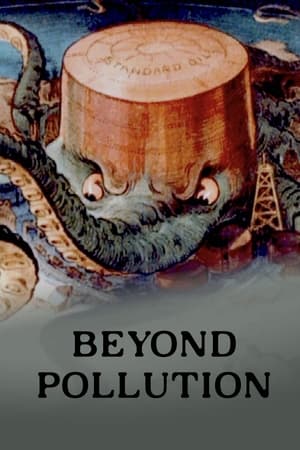 0.0
0.0Beyond Pollution(en)
Barker White documents the environmental impact of the massive BP spill.
 7.5
7.5Grizzly Man(en)
Werner Herzog's documentary film about the "Grizzly Man" Timothy Treadwell and what the thirteen summers in a National Park in Alaska were like in one man's attempt to protect the grizzly bears. The film is full of unique images and a look into the spirit of a man who sacrificed himself for nature.
 7.1
7.1There's Something in the Water(en)
Elliot Page brings attention to the injustices and injuries caused by environmental racism in his home province, in this urgent documentary on Indigenous and African Nova Scotian women fighting to protect their communities, their land, and their futures.
